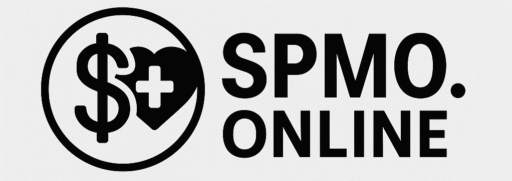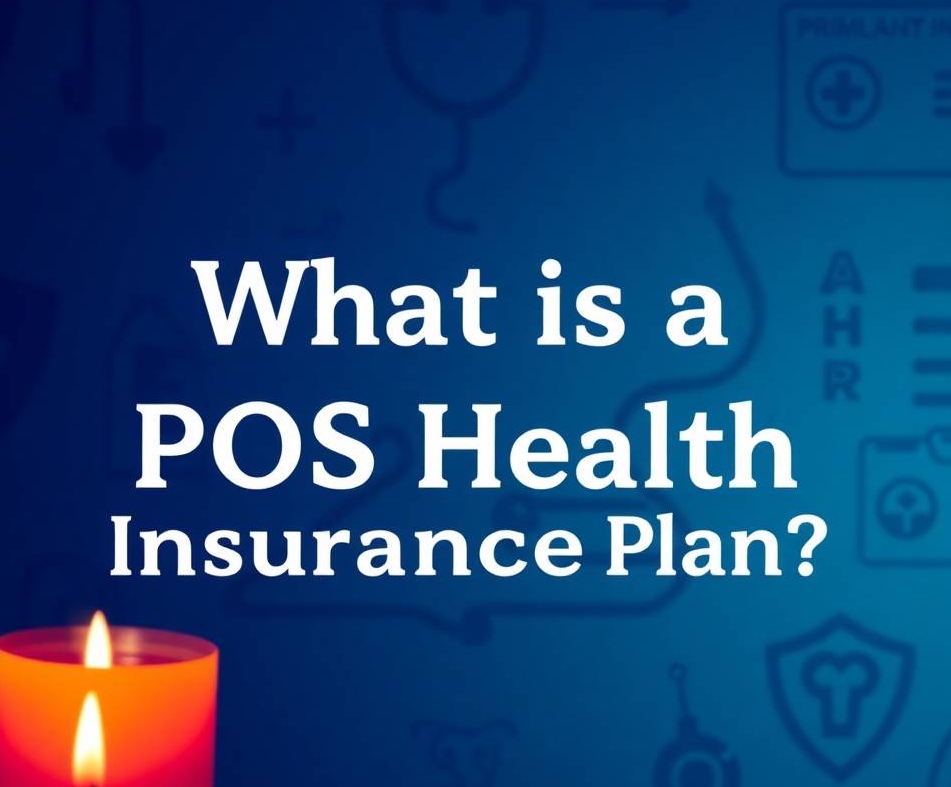Health insurance is more confusing than ever in 2025. With rising premiums and tighter networks, many families are exploring POS health insurance plans—but few understand what they’re really signing up for. At first glance, these plans look like the perfect middle ground between HMOs and PPOs. But the shocking truth about POS health plans is that they can come with unexpected rules, hidden costs, and frustrating referral systems. If you’re shopping for coverage or trying to save on medical bills, it’s crucial to know what a Point of Service plan offers—and what it doesn’t.
What Is a POS Health Insurance Plan?
A POS (Point of Service) health insurance plan is a type of coverage that blends features from both HMO and PPO plans. With a POS plan, you must choose a primary care physician (PCP) who becomes your main point of contact for all healthcare needs. This doctor manages your care and gives referrals if you need to see a specialist. If you stay on-network, your costs will be lower. But here’s the twist—POS plans also allow out-of-network care, though it’s more expensive. This hybrid setup makes POS plans sound flexible, but there’s more to the story coming next.
The “Shocking” Truth: Hidden Costs & Rules
On paper, a POS health insurance plan sounds ideal, but here’s the part most people don’t find out until it’s too late. First, referrals are mandatory. That means you can’t see a specialist without your primary care physician’s approval, which can delay care. Second, many assume out-of-network coverage means freedom, but it often comes with higher deductibles and surprise bills. Some POS plans even require pre-authorization for routine procedures, adding more red tape. And the worst part? These rules aren’t always explained clearly. Understanding these hidden costs and limitations is key before signing up for any POS plan.
Why Some People Still Choose POS Plans
Despite the downsides, POS health insurance plans remain popular for one key reason: balance. They offer a middle ground between the strict limitations of HMO plans and the higher costs of PPOs. POS plans provide that flexibility for people who mostly use in-network providers but want the option to go out-of-network. Families appreciate the structure, especially when working with a trusted primary care physician who guides their care. A POS plan can make sense in areas with limited or pricey PPO networks. It’s not perfect, but it’s the best choice at a manageable monthly cost for some.
Real-Life Examples: When POS Plans Help or Hurt
Scenario 1 – Helped: Sarah, a mom of two in Ohio, chose a POS health insurance plan for her family. She liked having one primary care physician to coordinate everything, and her kids’ checkups and vaccines were fully covered in-network. When her husband needed a specialist, their PCP referral made the process smooth and affordable.
Scenario 2 – Hurt: Mark, a freelancer in Florida, needed urgent back surgery. He assumed his out-of-network specialist was covered, but didn’t get a referral. The result? A massive surprise bill. His POS plan technically covered it, but only a small portion.
Tips Before You Sign Up
Before enrolling in a POS health insurance plan, ask the right questions. Start with: Does the plan require referrals for all specialists? Next, check if your preferred doctors and hospitals are in-network, which can dramatically affect your costs. Look closely at out-of-network coverage limits, and don’t assume “covered” means fully paid. Always read the summary of benefits, especially the fine print on deductibles, copays, and pre-authorizations. If you travel often, ask how coverage works outside your local network. A POS plan can work well if you understand the rules. A little research now can save you thousands later.
Final Thoughts: Is a POS Plan Right for You?
A POS health insurance plan isn’t good or bad—it’s about fit. A POS plan could offer great value if you want structure, trust a primary care physician, and mostly stick to in-network care. But if you hate needing referrals or want more freedom to choose your doctors, the rules and hidden costs can be frustrating. The shocking truth? Many people pick these plans without understanding the trade-offs. Take your time, compare your options, and make sure your plan matches your lifestyle, not just your budget. In 2025, smart choices in health coverage matter more than ever.

